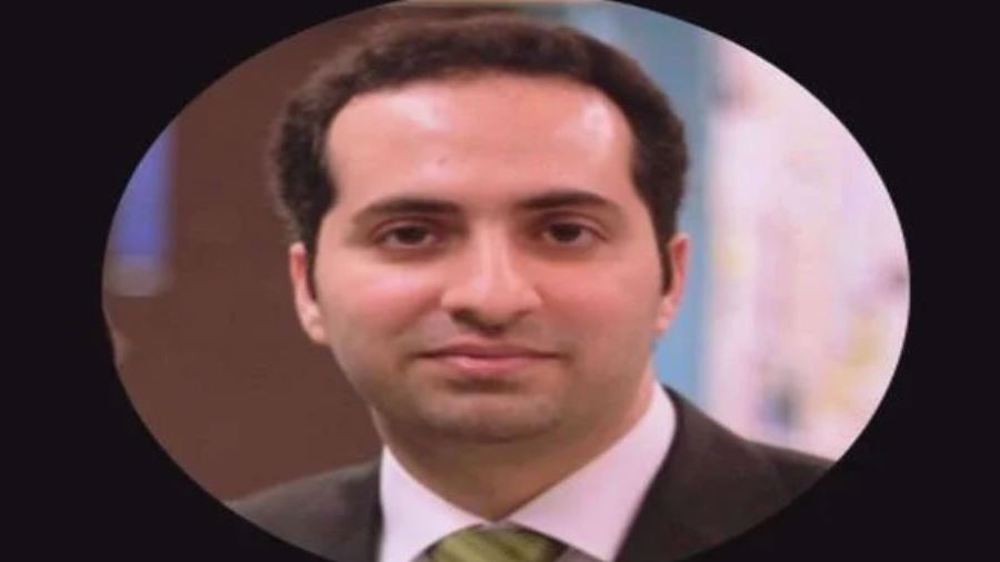Iran will increase enrichment to 190k SWU if JCPOA breached: MP
Iran will increase its uranium enrichment capacity if the US renews sanctions against the Islamic Republic and violates the landmark nuclear agreement between Tehran and the P5+1 group of countries, a senior Iranian lawmaker says.
“In case of the extension of sanctions [against Iran] and violation of the JCPOA (the nuclear agreement, known as the Joint Comprehensive Plan of Action), we will raise uranium production and enrichment to 190,000 SWU (separative work units),” the chairman of the Iranian Parliament's Committee on National Security and Foreign Policy, Alaeddin Boroujerdi, said on Tuesday.
He added that the “retaliatory measure” will be carried out in line with legislation passed by the Iranian Parliament.
On January 16, Iran and the five permanent members of the UN Security Council – the United States, France, Britain, China and Russia – plus Germany started to implement the JCPOA which they signed in July 2015.
Under the JCPOA, Iran undertook to put limitations on its nuclear program in exchange for the removal of nuclear-related bans imposed against Tehran.
Iranian lawmakers passed the general outlines of a single-urgency motion in October 2015 that gives the go-ahead to the administration to voluntarily implement the JCPOA on a conditional basis.
The motion, however, stipulated that the Iranian administration should stop its voluntary activities and adopt reciprocal measures to restore the rights of the Iranian nation in case the other side violates the terms of the agreement, particularly on the issue of the sanctions.
Boroujerdi further said Iranian lawmakers believe that a potential US move to renew sanctions against Tehran would be tantamount to a failure to fulfill commitments under the JCPOA, adding that the Iranian parliament has obliged the administration to “take necessary measures in line with the Islamic Republic of Iran’s interests.”
“The Americans must accept the repercussions of non-implementation of the JCPOA and we will also make decisions with regard to the parliament’s legislation and are completely ready [to take] necessary measures,” Boroujerdi pointed out.
Ever since the JCPOA was struck, its opponents in the US Congress have been threatening that a future US administration opposed to the agreement would scrap it.
The GOP-controlled US House of Representatives on November 15 passed a bill for a 10-year extension of the Iran Sanctions Act (ISA). The ISA will expire at the end of 2016 if it is not renewed. The bill must be approved by the Senate before being signed by the US president into law.
Iran had already warned that the extension of sanctions against it by the US would be a violation of the JCPOA.
"'Initiating sanctions' is no different from 'renewing them after their expiration,' and the latter is also [an instance of imposing] sanctions and violation of the previous commitments by the opposite side," Leader of the Islamic Revolution Ayatollah Seyyed Ali Khamenei said on Sunday.
On Monday, Ali Akbar Salehi, the head of the Atomic Energy Organization of Iran, said that Iran has made necessary preparations and is ready to respond if the US violates the JCPOA.
Relentless Israeli ceasefire violations justify need for self-defense: Lebanese MP
Tel Aviv tells Damascus Israeli forces will remain in occupied territory: Report
Dec. 22: ‘Axis of Resistance’ operations against Israeli occupation
‘Abhorrent’: Oxfam says only 12 trucks delivered aid in North Gaza since Oct.
VIDEO | Leader receives religious eulogists on Hazrat Fatima birth anniv.
Pope Francis slams Israel’s ‘machine-gunning’ of Gaza children
US hostage-taking of Iranian nationals violation of intl. law: Deputy FM
VIDEO | Carol Singers for Palestine on London’s Parliament Square










 This makes it easy to access the Press TV website
This makes it easy to access the Press TV website